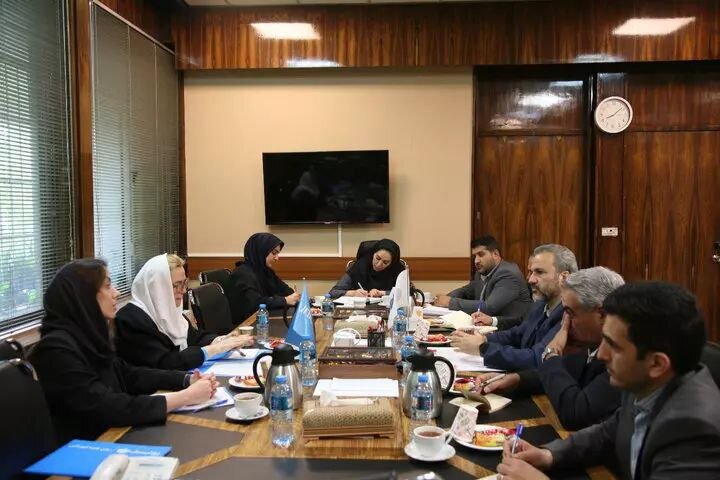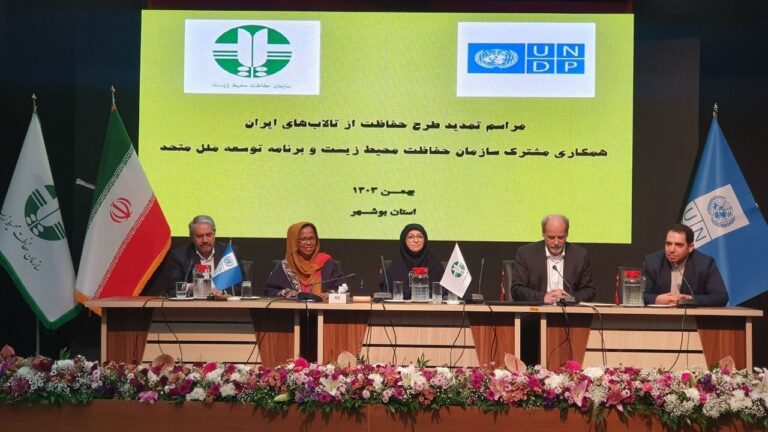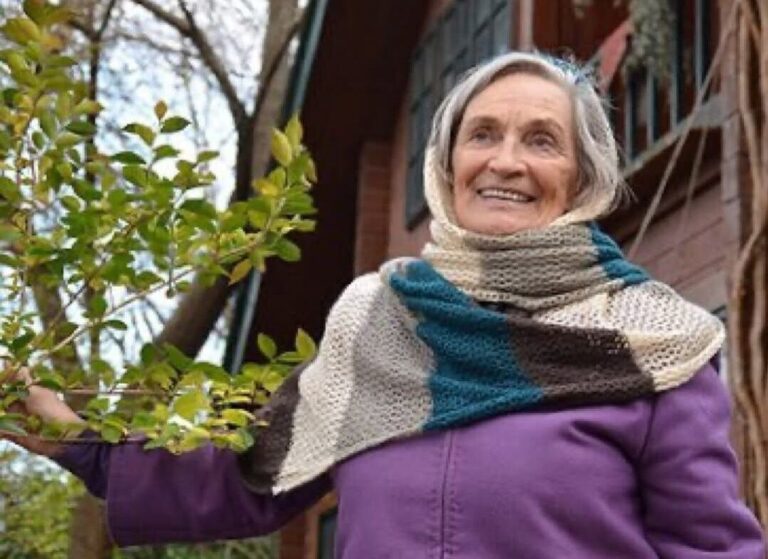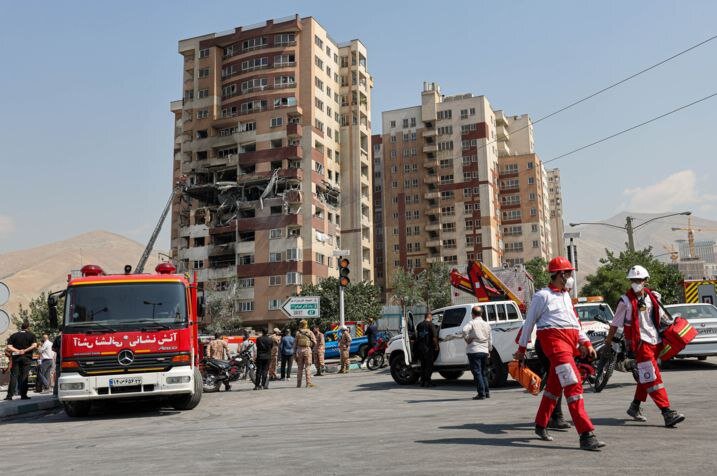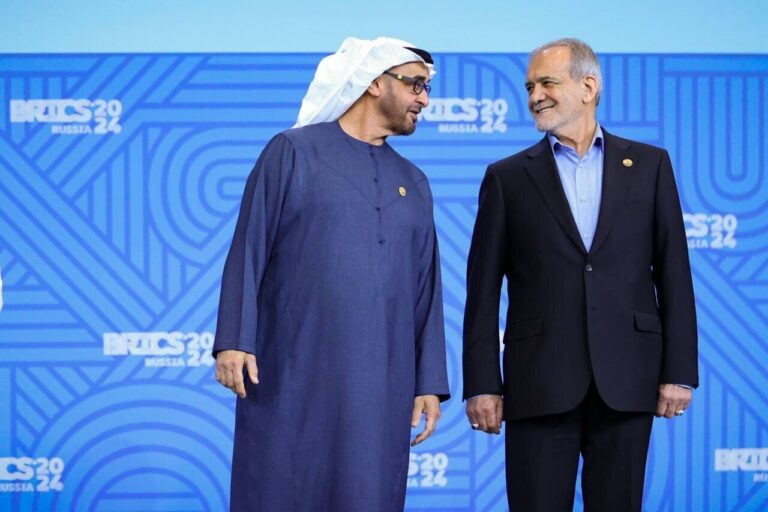Ministry of Interior and UNICEF Join Forces to Enhance Refugee Support Initiatives
In a significant effort to enhance the lives of refugees in Iran, the head of the National Organization for Migration, Nader Yar-Ahmadi, and Monika Oledzka Nielsen, the ad interim Representative of the United Nations Children’s Fund (UNICEF) in Iran, recently met to discuss collaborative initiatives. Their discussions focused on improving various sectors, such as health, education, nutrition, and disaster management, to elevate the living conditions of refugees.
The meeting took place on Monday in Tehran, where Nielsen praised Iran’s commitment to hosting refugees for over four decades. She expressed UNICEF’s readiness to collaborate with Iran’s Ministry of Interior, drawing on the organization’s extensive experience in providing essential services in countries like India and Afghanistan.
Key Points of Discussion:
- Cooperation on Refugees: The two officials highlighted the importance of the signed Memorandum of Understanding (MOU) from December 2024, emphasizing that refugee support will be a crucial part of this collaboration.
- Education for Afghan Students: Nielsen announced a new UNICEF-supported education program aimed at female Afghan students who have been deprived of schooling due to ongoing political and social issues. This initiative seeks to facilitate access to education for this vulnerable group.
- Support for Afghan Students in Iran: Yar-Ahmadi noted that approximately 700,000 Afghan students are currently studying in Iran. He stressed that there is a pressing need for international assistance to improve educational infrastructure in the country.
- Online Educational Platforms: The Ministry of Interior is developing an online educational platform to support unauthorized foreign students in Iran. This initiative will also benefit returning students by providing them with access to virtual educational resources.
- Private Sector Collaboration: The Ministry of Education plans to collaborate with the private sector to establish schools specifically for refugee students, ensuring they receive quality education.
- Disaster Risk Reduction: During the meeting, both officials discussed strategies to mitigate the impacts of natural disasters in areas prone to hazards.
In December 2024, UNICEF and the Ministry of Interior signed a two-year work plan aimed at tackling the pressing challenges faced by children and families in Iran. This initiative focuses on reducing poverty, improving disaster risk management, and enhancing humanitarian support for both refugees and host communities. The agreement was signed by Nielsen and Mehdi Javaheri, Advisor to the Minister and Head of International Affairs.
Objectives of the Two-Year Work Plan:
- Strengthening Community Resilience: The partnership aims to bolster community resilience and improve the well-being of vulnerable children across the nation.
- Disaster Awareness: The work plan is designed to enhance awareness of disaster risks and improve mitigation efforts at the community level, thereby protecting children from the adverse effects of both natural and man-made disasters.
- Streamlined Support Processes: The initiative seeks to simplify the identification and support processes for vulnerable households, providing essential assistance as part of the United Nations Sustainable Development Cooperation Framework (UNSDCF).
- Expanded Collaboration: This partnership is set to strengthen ties with various Ministry of Interior-affiliated entities, including the Social Affairs Organization, National Disaster Management Organization (NDMO), and CAFIA (Center for Aliens and Foreign Immigrants Affairs), as well as national NGOs.
The implementation of the work plan will begin immediately, concentrating on high-priority areas identified through extensive collaboration over several months. Progress and outcomes will be evaluated at the end of 2025, allowing for adjustments to enhance the impact of these initiatives.
This partnership showcases UNICEF’s commitment to supporting Iranian children and their communities, emphasizing the importance of collaboration with national partners to foster a resilient and inclusive society. The ongoing dialogue and initiatives aim to ensure that no child is left behind and that all have access to essential services and support.
